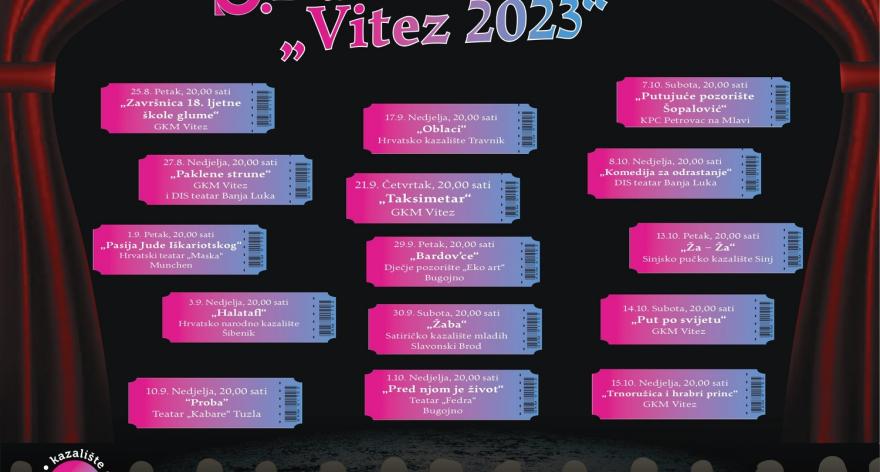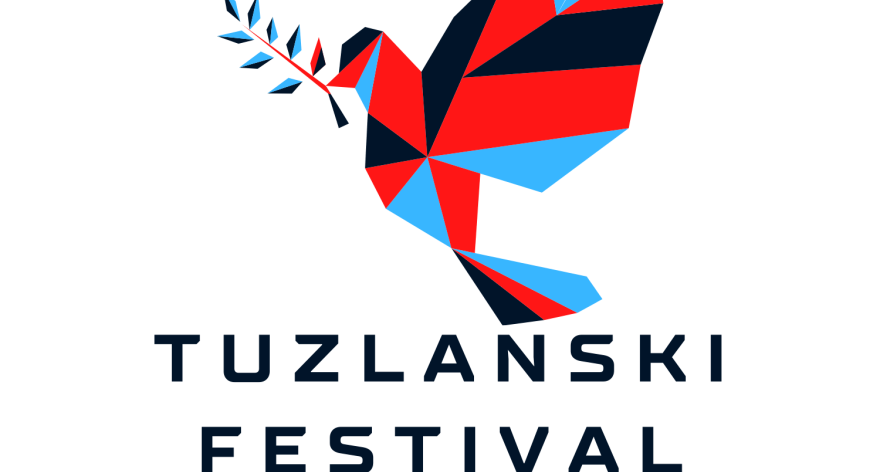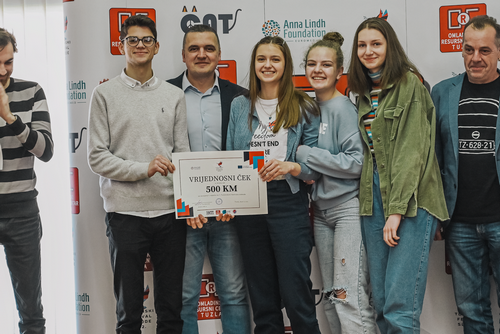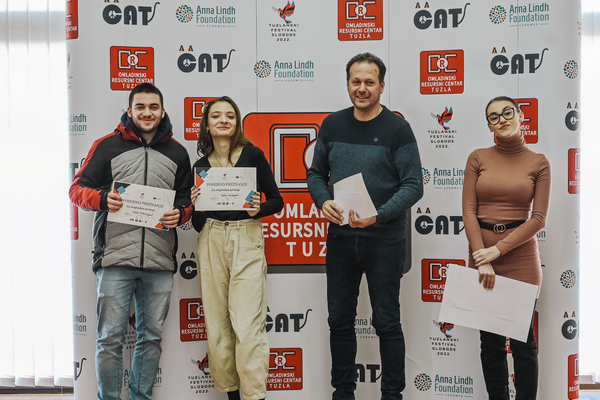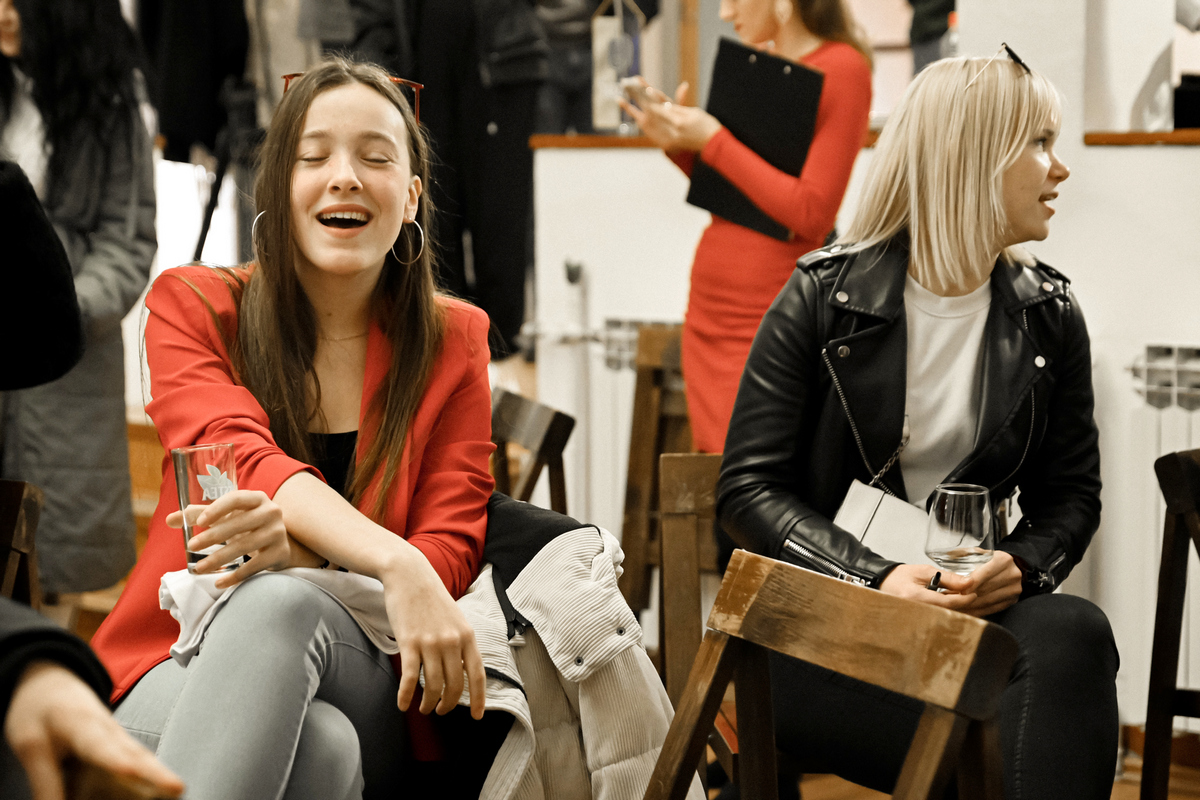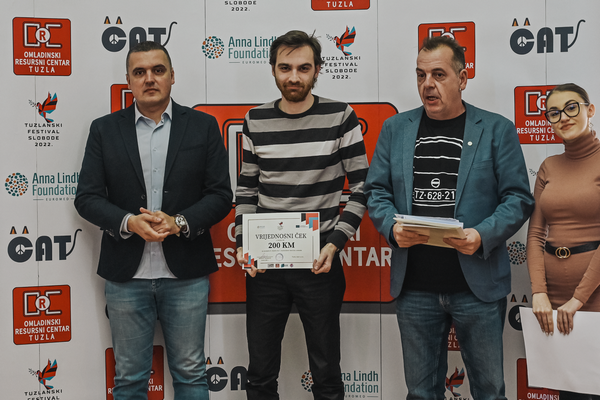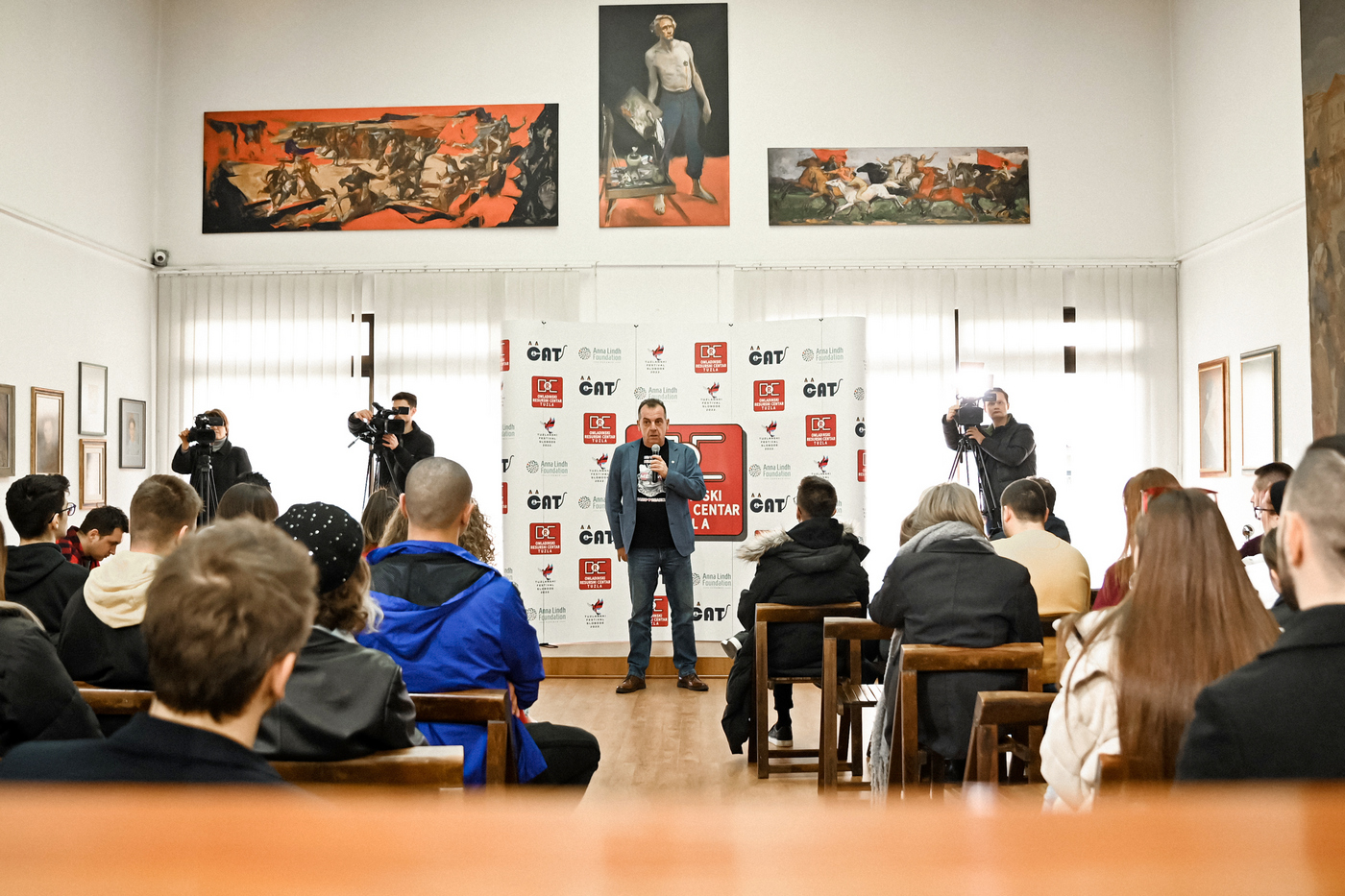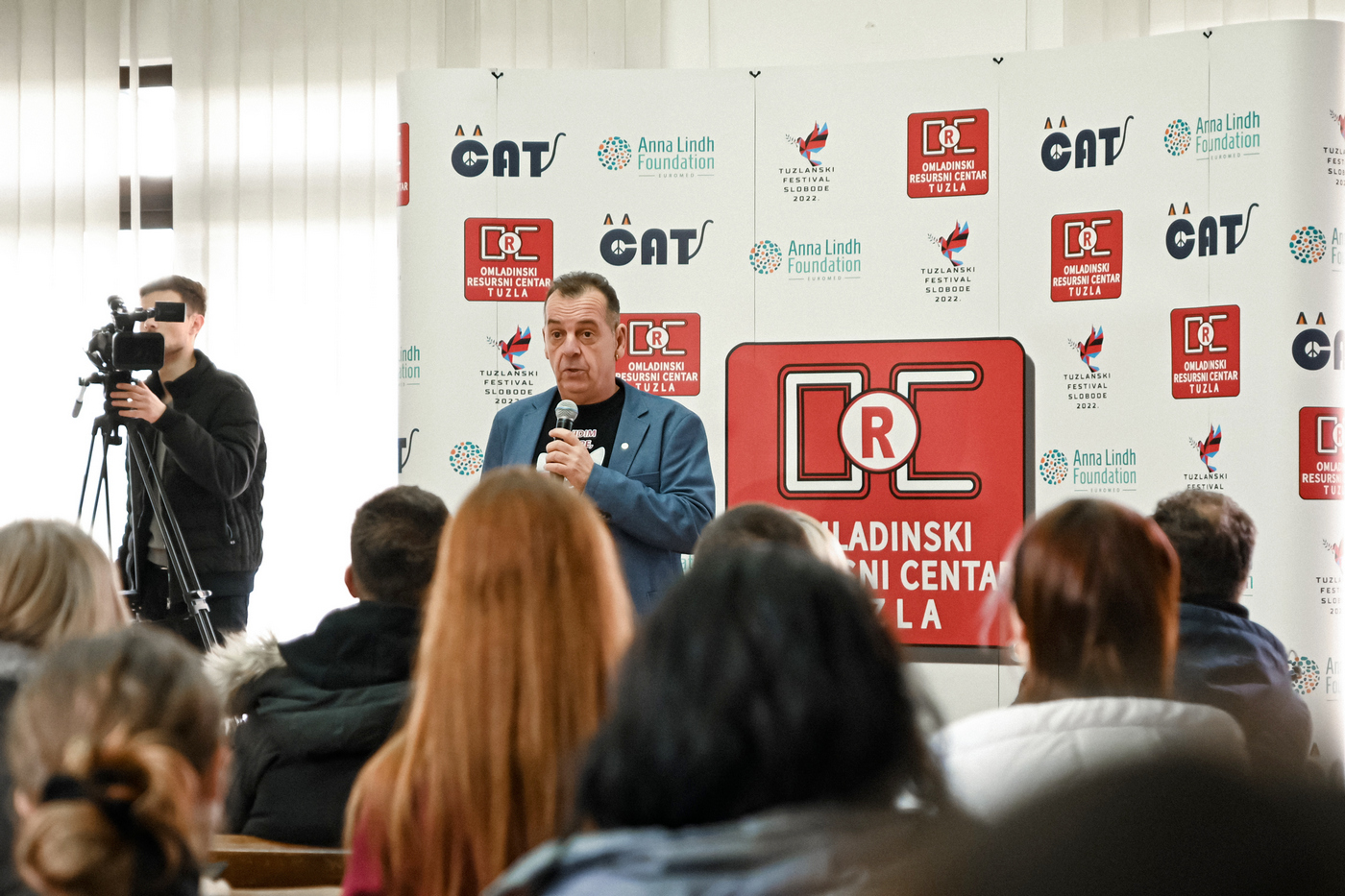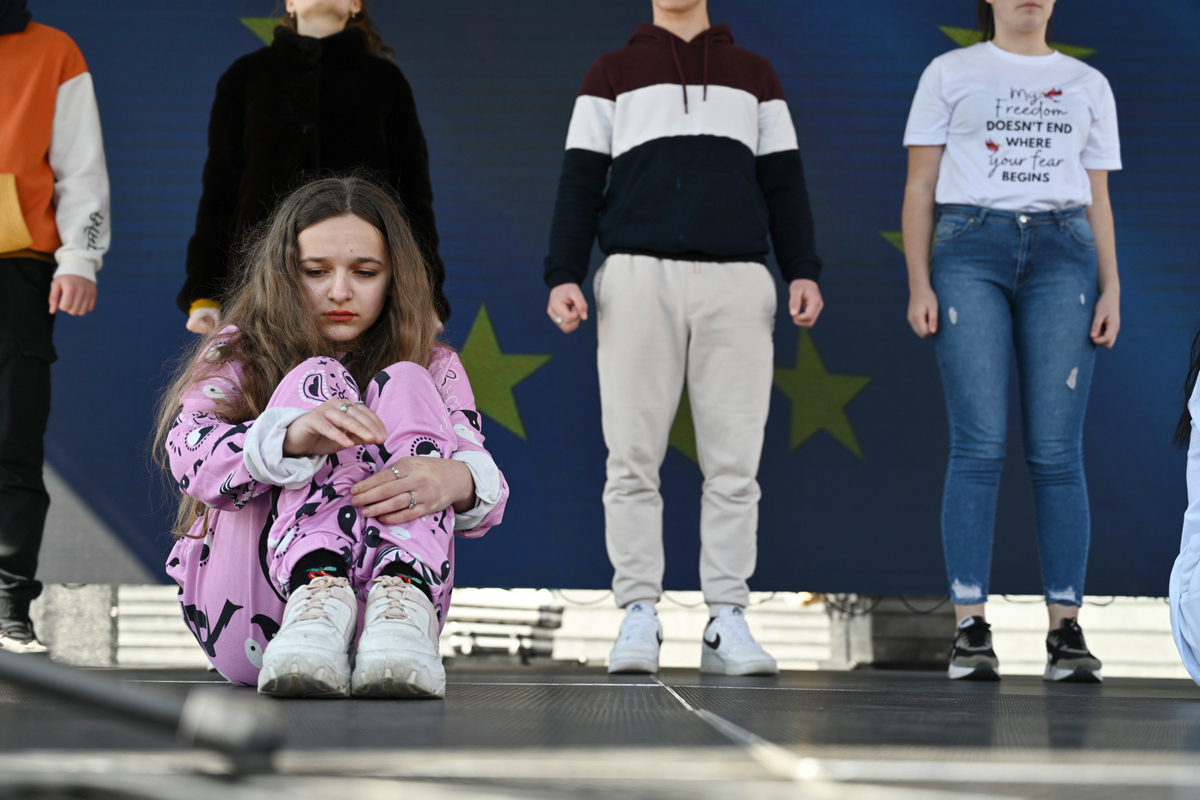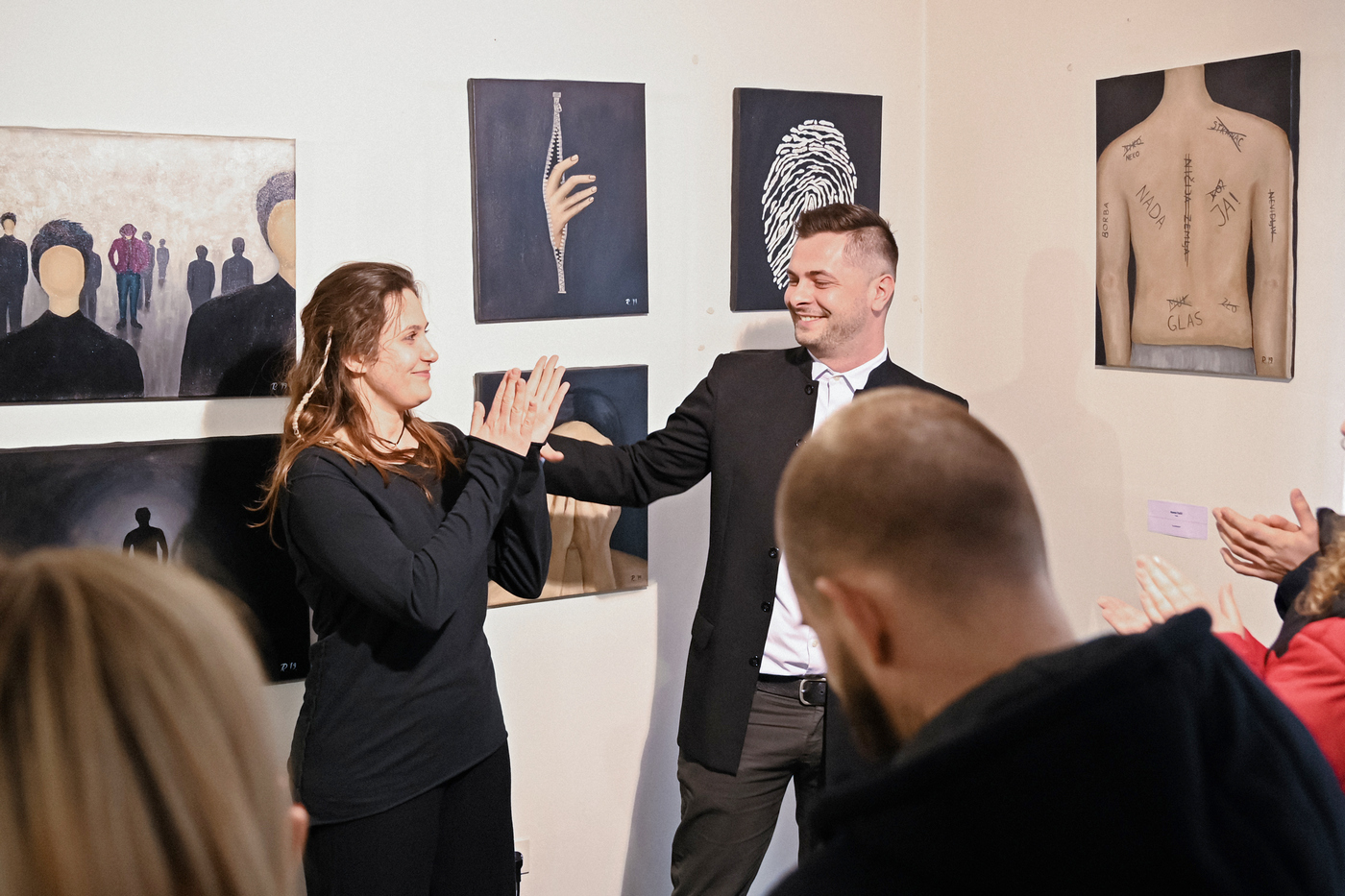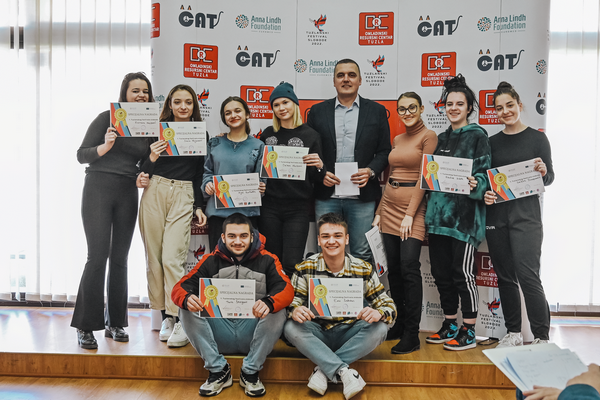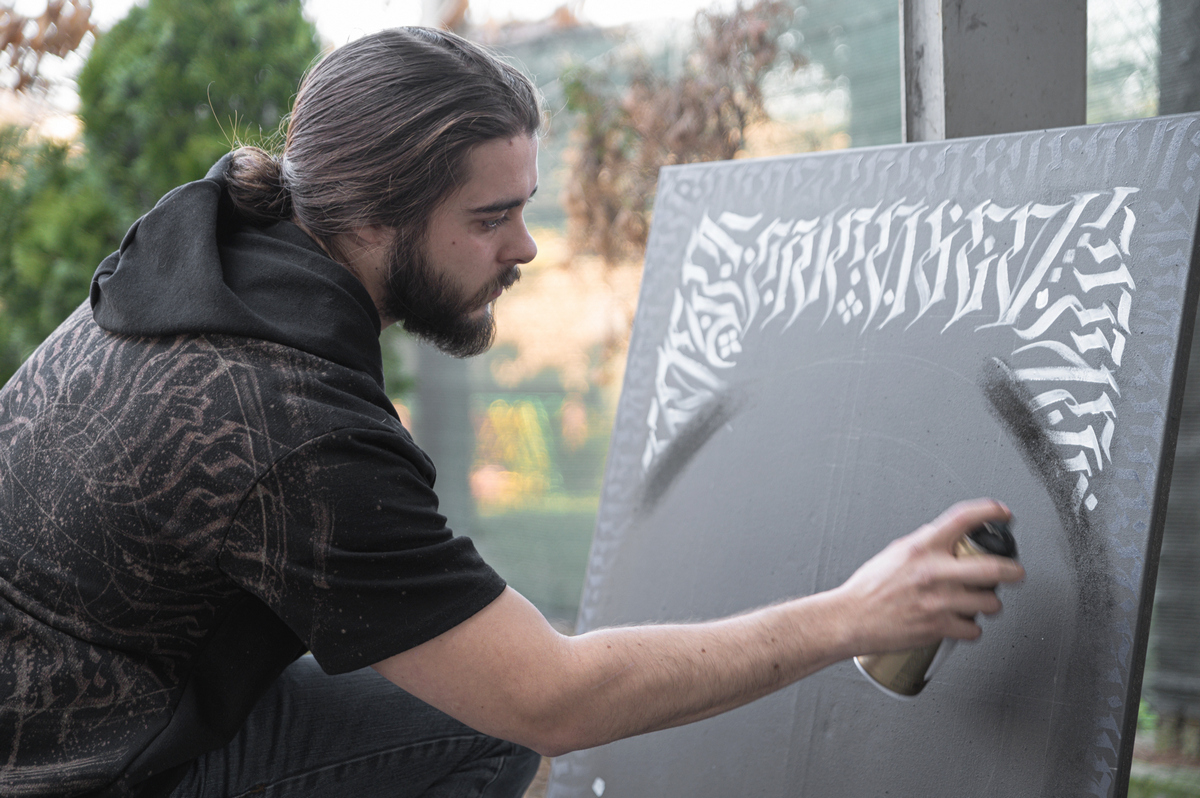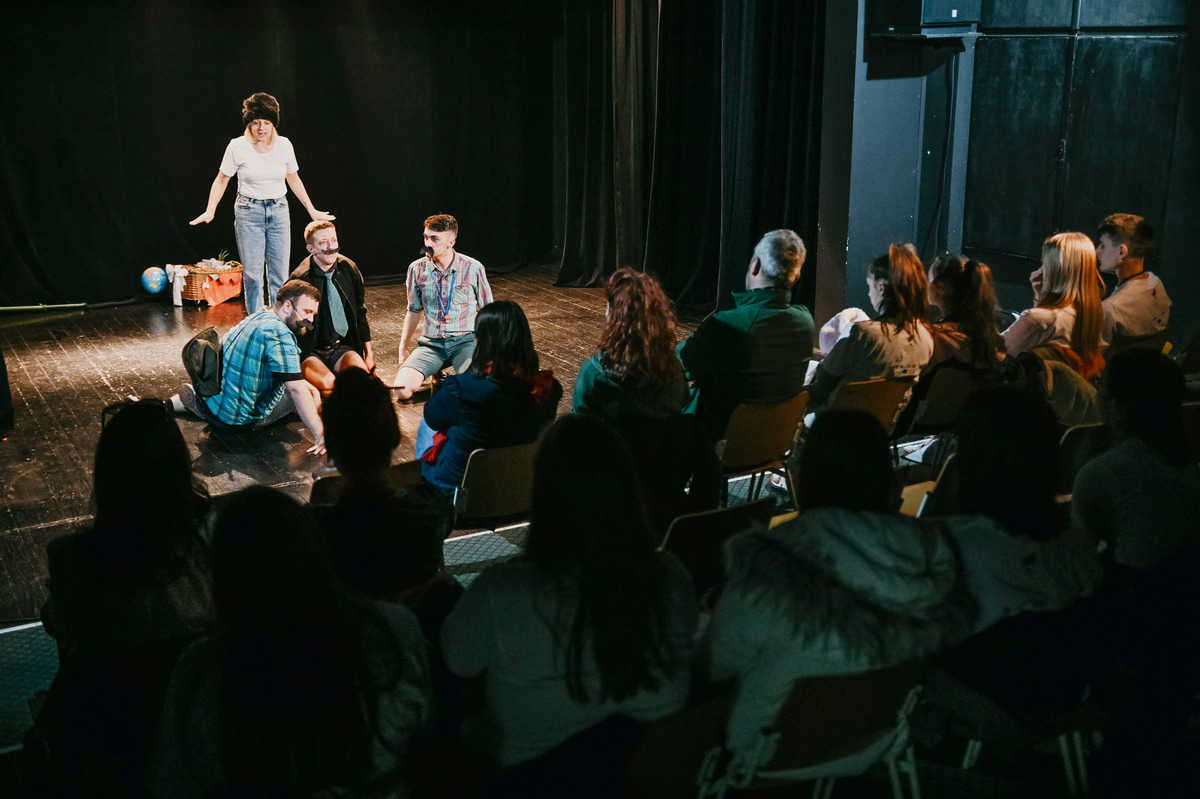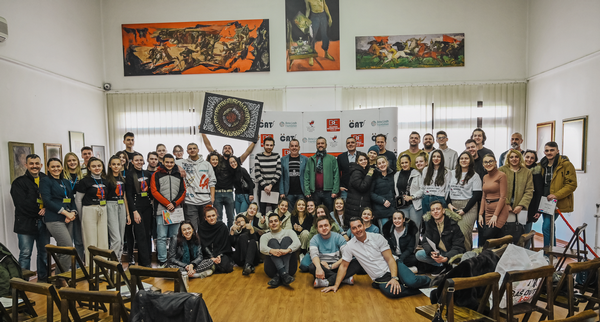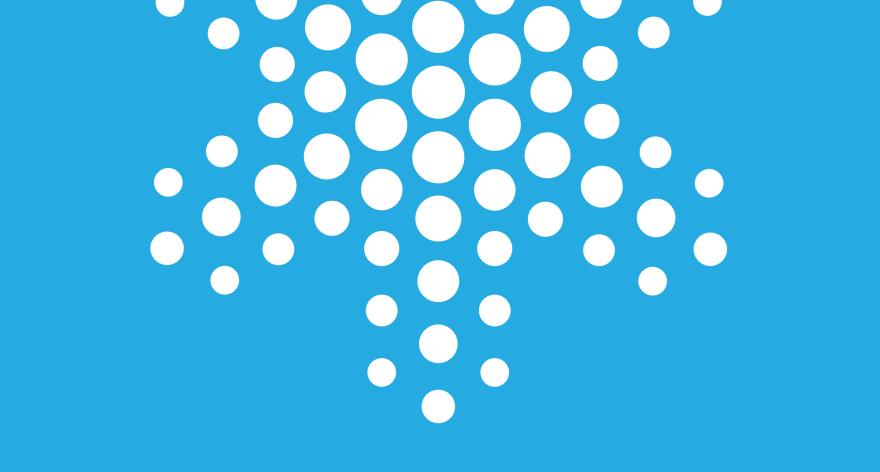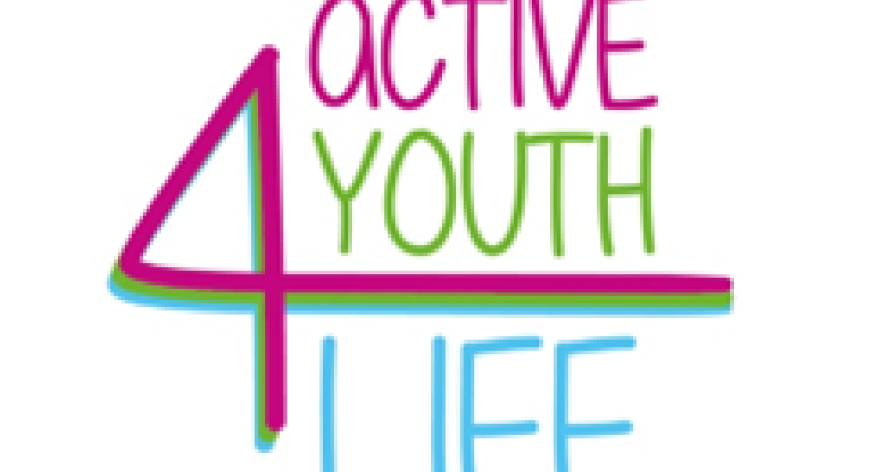"Hell's Strings" delighted the audience at the opening of the 15th Day of the Theatre "Vitez 2023"
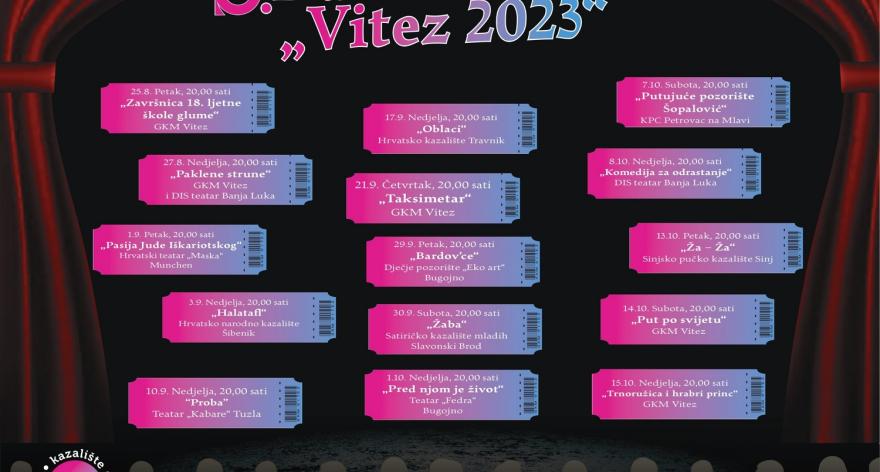
"Hell's Strings" delighted the audience at the opening of the 15th Day of the Theatre "Vitez 2023"
Rich theatre repertoire at this year's theatre days in Vitez
The jubilee 15th Theatre Days in Vitez officially began with the performance of "Hell's Strings". The honour of opening this year's theatre days in Vitez went to Novica Bogdanović, vice president of the ALF BiH Board of Directors and director of the Foundation for Cultural Development from Banja Luka.
"It's wonderful to come to Vitez, see a full hall for the umpteenth time and feel the magic of the theatre. I looked at the schedule of performances that will be performed this year and you can really feel privileged to have GKM Vitez as a cultural institution that organizes one of the most significant cultural events in Bosnia and Herzegovina. I am particularly pleased with the great cooperation between the DIS Theatre and GKM Vitez, as a member of the ALF network of BiH, but also the fact that all the professionals who once came to these two theatres as children worked on this play," he said at the opening of the theatre days. Novica Bogdanović.
"Paklene Strune" is a co-production of the City Youth Theatre from Vitez and the DIS Theatre from Banja Luka, which boldly explores the limits of human and artistic expression.
This contemporary play, authored and directed by Ognjen Bogdanović, is a completely unusual and innovative stage experience. With his imaginative approach and experimental style, Ognjen Bogdanović succeeds in telling a story about the search for truth and understanding human limits. His text unusually interweaves fantastical elements with realistic aspects of reality, creating an atmosphere that allows the audience to explore different emotional and intellectual layers. Through this game of recognition and opposites, Bogdanović raises questions about the essence of human existence and our ability to overcome internal and external obstacles.
Young actors Sunčica Strukar and Marko Mirković shone on stage in roles that required their full commitment and authenticity. Their synergy and mutual understanding contribute to the creation of extremely convincing and complex characters... The technical support for the play is Anja Banjac, and the executive producers are Ivan Sajević and Novica Bogdanović.
This co-production brought special creativity and strength for young creators to present artistic visions, experiments and unconventional ideas and enables the play "Hell's Strings" to be recognized as one of the most innovative theatre works in modern times...
GKM Vitez thanked for the general patronage the line minister Bojan Domić, who attended the performance, as well as the festival's partner, the ALF network in BiH, on whose behalf the network's national coordinator, Miralem Tursinović, attended the performance.
"I am happy that we started another theatre days in a great way, especially since we got a new great play in the repertoire. The superb performance of our young actors, Sunčica Strukar and Marko Mirković, as well as the great directorial solutions of Ognjen Boganović, gave birth to a play that will certainly find its place at professional festivals throughout the region. This is a continuation of the exceptional cooperation between our theatre and the DIS theatre from Banja Luka, which are members of the ALF network in BiH", said Ivan Sajević, head of GKM Vitez.
At this year's theatre days in Vitez, the audience will have the opportunity to see 15 plays, among which 5 are professional productions, and most of the other plays belong to the very top of theatre amateurism in the surrounding countries. This is certainly the most numerous and most visited theatre festival in Central Bosnia, and probably among several of the best in Bosnia and Herzegovina. Theatre groups from BiH, Croatia, Serbia, Slovenia and Germany will perform.
Already next weekend, the Croatian Theatre "Mask" from Munich will host the performance "The Passion of Judas Iscariot" and the Croatian National Theatre "Šibenik" with the play "Halatafl".
The general sponsor of the 15th Theatre Day "Knight 2023" is the Ministry of Education, Science, Youth, Culture and Sports of the Canton of Central Bosnia and Minister Bojan Domić, and the partner of the festival is ALF BiH.
